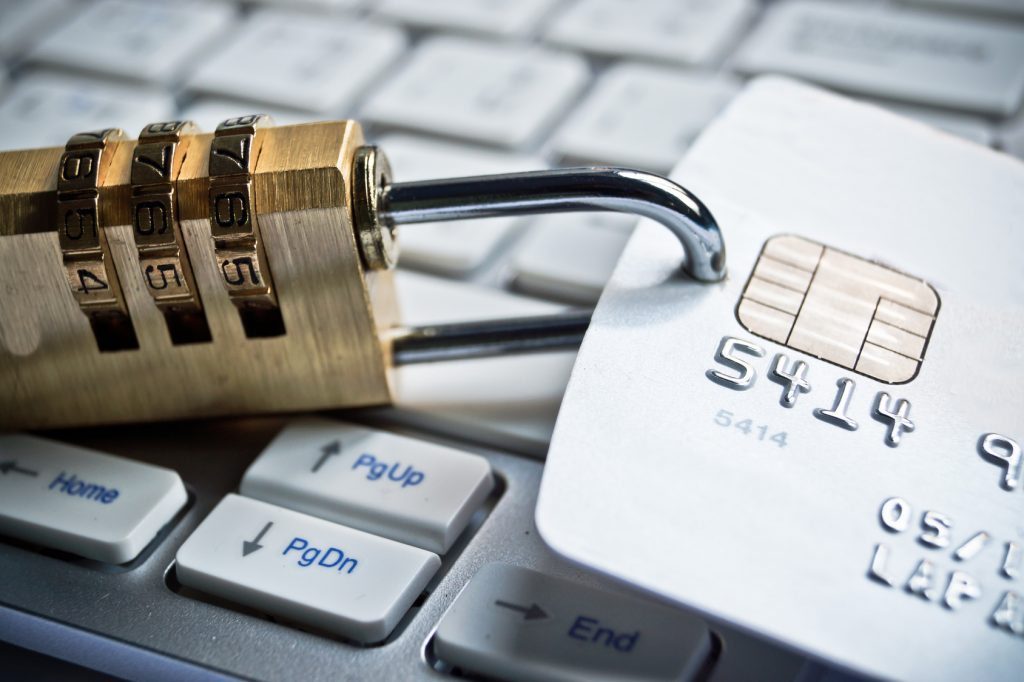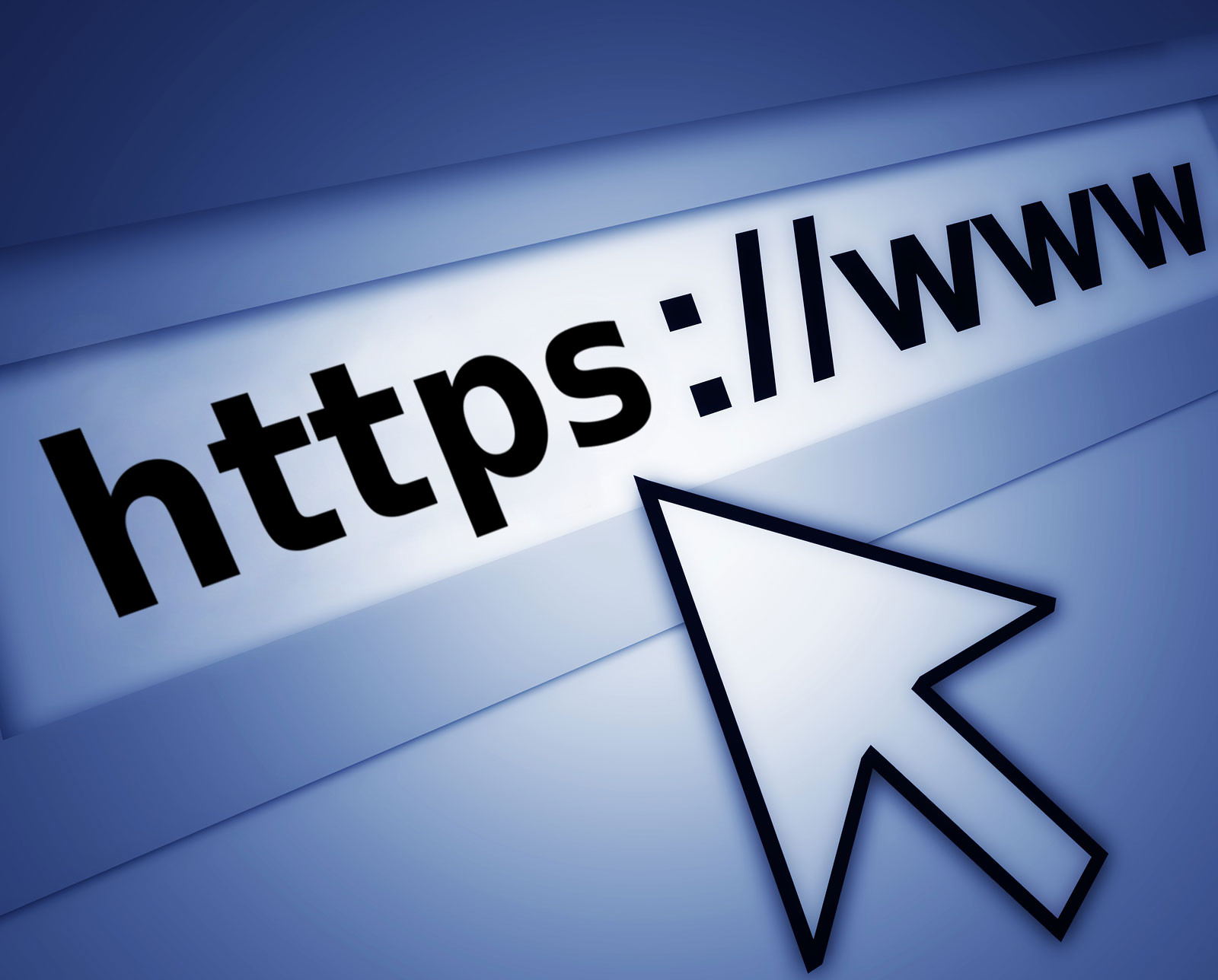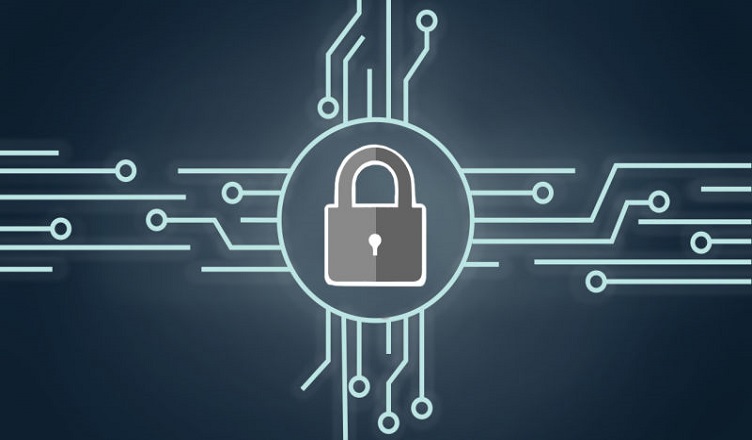Techssocial | If you want to up your online security game, now is the time to do so. Even if you have never been hacked, you should count your lucky stars because it is no walk in the park to recover from data loss. Whether you have been hacked or not, it is necessary for you to take the necessary steps to ensure you stay safe and secure online. But if you are not sure how you can go about doing so, despite ticking off all the basics you can think of in terms of online security, then here are 5 indispensable tips for your consideration.
Table of Contents
1. Use Complex Passwords
Your job is not done at creating a random password. Many people make the terrible mistake of using simple passwords so that they are easy to remember. It may seem like a good idea, but it actually isn’t.

For every new account, you create, make sure your passwords are unique and strong. This is more of a necessity for your critical accounts in order to keep your financial and confidential information safe.
Seeing how corporate hacks can reveal thousands of passwords, even if you have strong and unique passwords, you can’t keep reusing them. Doing so will make it easier for hackers to gain access to any and all accounts with the reused password.
If you fear you will forget your passwords, fear not, as you can always count on password managers to save the day.
Apart from creating complex passwords, check to see if your accounts offer two-factor authentication. If available, enable said option so that your account is sealed tight, and only you will be able to access it when the time arises.
2. Be Smart
You will be tempted to check out different links and resources online, but not all of them are reliable. Don’t be careless, as one wrong move can get you in way over your head.
Online threats these days revolve around social engineering and phishing, where you may be tricked into giving away bits and pieces and information which can be used for fraud.
Clickbait, free offers, and online quizzes are designed to tempt you into clicking dangerous links or giving out sensitive information, so don’t be gullible. If you come across anything that seems too good to be true, it mostly isn’t.
3. Surf and Shop Safely
While visiting websites or shopping online, make sure the site has an “HTTPS” instead of “HTTP” along with a padlock in the URL field. This indicates the site you are visiting utilizes encryption protocols to protect your data if intercepted by a third party.

Keep a lookout for bad grammar and spelling mistakes, as they are telltale signs of a copycat website. Surprisingly, there are countless copycat sites online that look as good as the original. So it is your job to separate these sites from the real ones.
4. Protect your Smartphone
Your smartphone is just as vulnerable to online threats as your computer. Believe it or not, smartphones face even greater risks, including and not limited to dangerous links received via text message or risky apps.
Don’t respond or access links sent from strangers. In fact, don’t access links sent from people you may know either. Ask and find out more about the link you have received, chances are the person who sent it may have no idea about it either.

As for the apps you download on your smartphone, download them from its respective app store. But even then, only download and install it once you have gone through reviews to know what to expect from it.
Always ensure your smartphone’s software security is up and running at all times, which are no different from the ones you will find on computers.
5. Share Responsibly
These days, you have plenty of opportunities to share your personal information online, knowingly or unknowingly. Keeping this in mind, you have to be extremely cautious about what you want to share, especially if it is pertaining to information regarding your identity. Failing to do so can lead you to become a victim of identity theft.
Bonus Tip: Buy a VPN
In this day and age when online privacy and security is at risk, there is no better option than to Buy VPN.
Apart from the tips mentioned above, using a VPN is a necessity rather than a luxury. How do you ask? Well, by connecting to a VPN server, you will get a new IP address, while your own gets masked. This way your internet traffic does not land in the wrong hands. What is even more interesting is the fact that even your own ISP will not be able to extract your internet activity, since your IP address is masked after all.
Of course, not just any VPN will do. If you want to secure yourself online, you will need to do your homework to make sure the VPN provider you are subscribing to isn’t going to monitor and log your information. If you have found a suitable candidate, go through their reviews to see what other users have to say. Once you are confident you are making the right decision, only then should you go ahead with using that VPN in particular.
Since prevention is better than cure, take whatever steps necessary to ensure your online security game is strong. If you feel there is room for improvement, look for additional tips and solutions online. But do not stop there, ask your family and friends for recommendations too. At the same time, help said family and friends so they do not fall victim to cybercriminals and hackers.
In conclusion, there are a lot of ways you can go around improving your online security. But what is most important is that you stay up-to-date with the latest happenings. As long as you know what is going on in the cyber world, you will not fall for anything hackers and cybercriminals throw your way.
Elisa Collins is a cybersecurity content expert by profession. Her job is to keep readers secure and aware form cyber threats so she recommends everyone to buy VPN to stay protected from data thieves. Follow her Twitter: @elisacollins90
